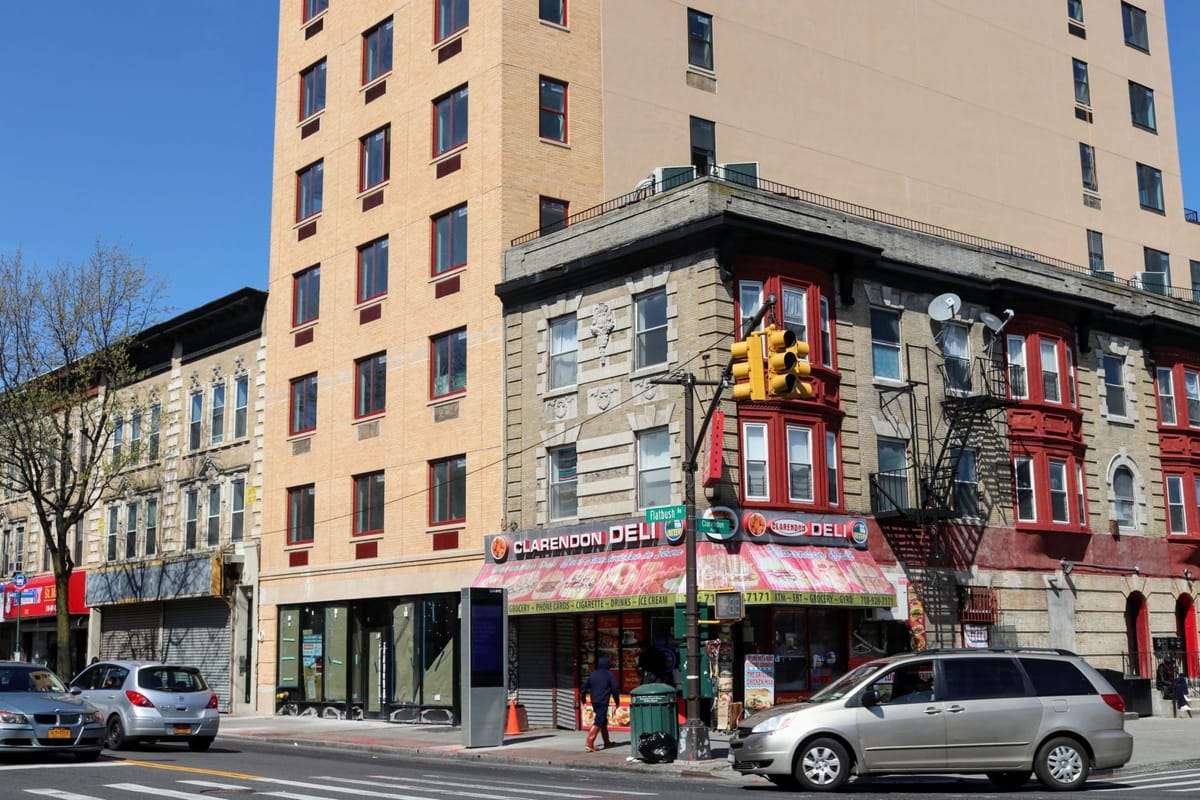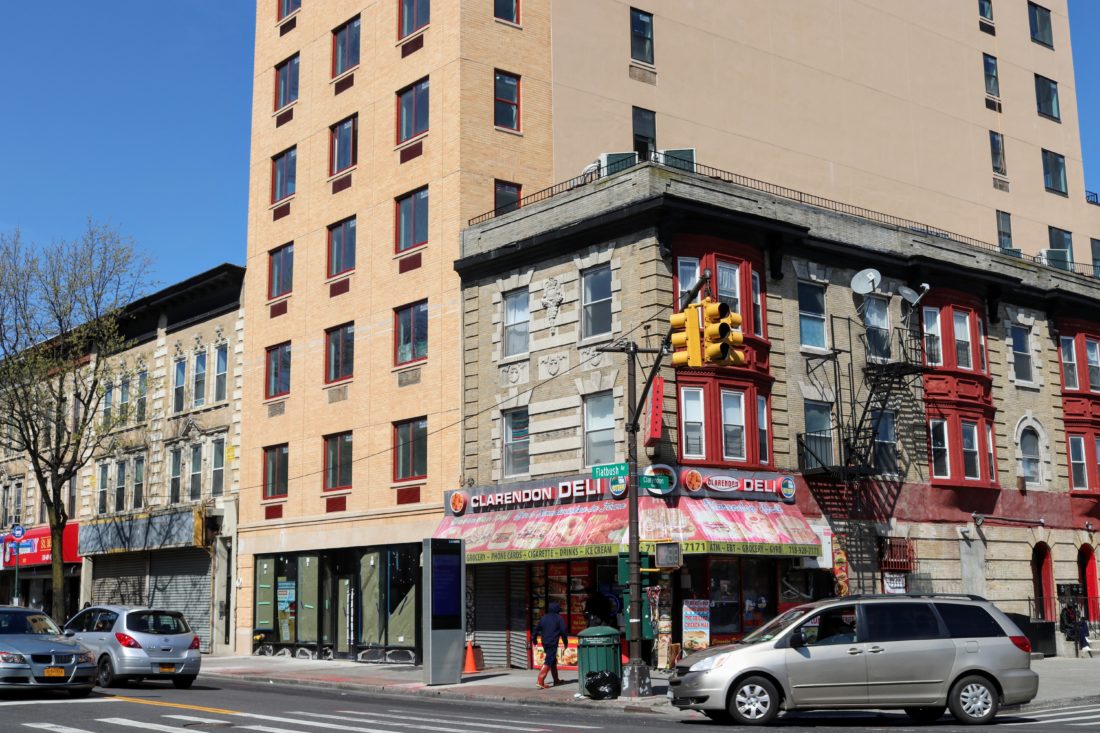Can You Get the Brokers Fee Back? Do You Have to Pay One?


UPDATED: On Monday, February 10, a New York State judge issued a temporary restraining order, so the brokers can collect fees until at least the March 13 hearing.
Renters can no longer be charged brokers fees unless they have retained the broker to find them an apartment, New York State Department of State clarified on January 31, 2020, regarding the rent laws that were signed into law last summer. They also clarified that this guidance is not retroactive. So in a nutshell — no tenant should pay landlord’s brokers’ fee going forward, while it is a bit unclear what happens if you’ve paid the fee between February 1 and now.
Brokers fees, which often amounted to 15% of the year’s rent, went the way of excessive deposits, surprising everyone including the real estate industry, the New York Times first reported this week.
It is indeed welcome news to the over 60% of New York City’s residents that rent, and have long been burdened by excessive deposits and fees. The law passed last year restricted the various charges to first and last month rents, and a $20 administrative fee only.
“It will really make a huge difference to low-income folks who get trapped in bad apartments because moving is so expensive,” Andrea Shapiro of the Met Council of Housing told Bklyner. “This is even bigger for folks with vouchers that do not cover brokers’ fees.”
While the impact this news regarding brokers’ fees will have on market rents is unclear, it will likely affect about half of the rental apartments on the market. StreetEasy told us that based on a quick analysis, in 2019, “55% of rental apartments were listed as no-fee while 45% of apartments were listed with a fee.” At this time, the website lists 3,128 apartments for rent in Brooklyn, of which 1,893 are listed as no-fee to renters.
“The updated guidance continues to interpret the laws according to their plain meaning and consistent with the way they were intended to be applied—which is to provide the strongest possible set of protections to tenants,” the Department of State said in a statement.
That guidance, revised on January 31, 2020, says:
“5. CAN A LANDLORD’S AGENT COLLECT A “BROKER FEE” FROM THE PROSPECTIVE TENANT?
No, a landlord’s agent cannot be compensated by the prospective tenant for bringing about the meeting of the minds. NY RPL § 238-a(1)(a) provides, in part, “no landlord, lessor, sub-lessor or grantor may demand any payment, fee, or charge for the processing, review or acceptance of an application, or demand any other payment, fee or charge before or at the beginning of the tenancy, except background checks and credit checks….” The fee to bring about the meeting of the minds would be a “payment, fee or charge before or at the beginning of the tenancy” other than a background or credit check as provided in this section. Accordingly, a landlord’s agent that collects a fee for bringing about the meeting of the minds between the landlord and tenant (i.e., the broker fee) from the tenant can be subject to discipline.”
So can those of you who just signed your leases get the brokers’ fees back?
If you signed your lease after January 31, 2020 you should not have been charged a brokers’ fee. For the full explainer on what the current rules are, check out the guidance NYS Department of State put out for brokers. You can file a complaint with the state if you encounter a problem, but do consult a lawyer on how best to get a refund, or reach out to the Met Council on Housing. Their tenants’ rights hotline is open Mon & Wed 1:30-8pm, Fri 1:30-5pm 212-979-0611.
“The Department of State must rescind its Guidance on rental brokerage commissions,” James Whelan, President of The Real Estate Board of New York said in a statement issued yesterday. “All stakeholders should have an opportunity to discuss the ramifications on agents, owners, and renters alike. We are exploring every avenue, including pursuing prompt legal action. We want to thank our members and other industry organizations who have joined our fight to reverse this misguided and harmful interpretation.”



